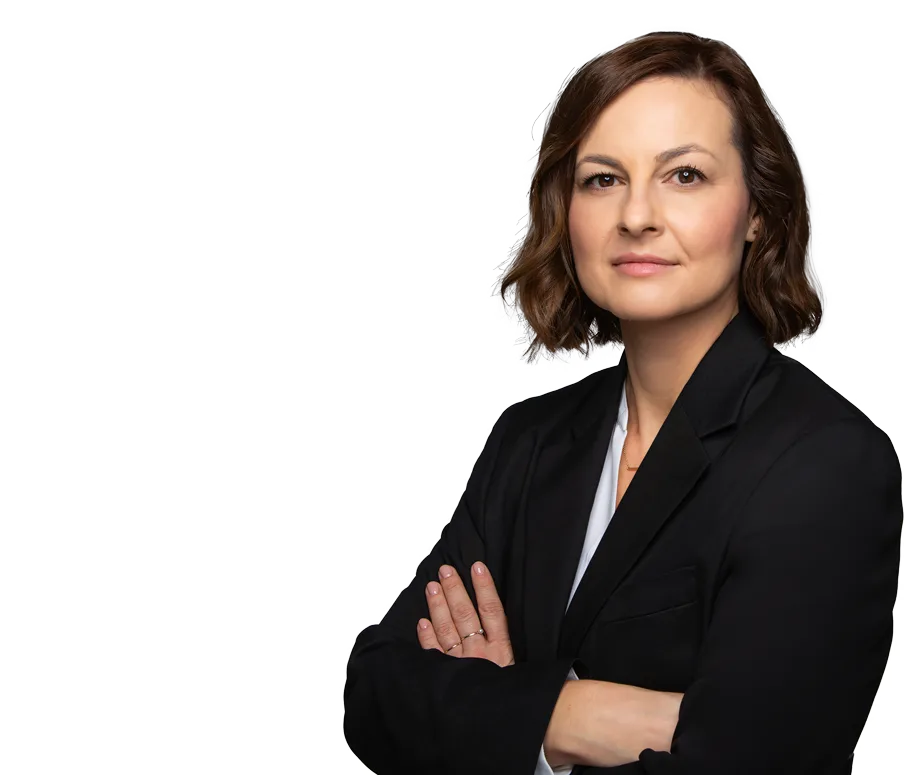
Unlawful
Doctor
Advertising.
Unlawful
Doctor
Advertising.
from
Cologne Higher Regional Court prohibits doctors’ advertising for dietary supplements due to infringement of the requirement of objectivity under professional law.
Doctor advertising
In principle, advertising by doctors is not prohibited. Doctors may advertise as long as the advertising or the information contained in the advertising is factual and professionally relevant. The professional code of conduct of the state medical associations contains clear rules for advertising and information by doctors to prevent the commercialization of the medical profession.
A licensed doctor, who is also the managing director of a supplier of dietary supplements, advertised the dietary supplements with statements such as: “Health is a matter of trust”. As part of his advertising statements, the doctor had emphasized his medical doctorate. The plaintiff association saw this as a violation of the regulations of the professional code of conduct of the State Chamber of Physicians and sued for an injunction against the unfair advertising statements. The doctor’s appeal against the first-instance ruling was unsuccessful.
Health advertising requires scientific proof
In its judgment of 16.05.2025 – 6 U 29/25, the Higher Regional Court of Cologne rejected the doctor’s appeal and confirmed the plaintiff association’s claim for injunctive relief under competition law .
In the opinion of the Court of Appeal, the professional code of conduct of the state medical associations is applicable in the present case and also contains market conduct regulations. According to these regulations, doctors are generally permitted to use their name in connection with a medical professional title for commercial purposes. This is only prohibited if the use is made in an unfair manner. Ultimately, the decisive question is whether the challenged advertising meets the special requirements for statements in the health sector that apply to dietary supplements, among other things.
The challenged advertising therefore poses a not inconsiderable risk to the high level of protection of the health of individuals and the population as a whole.
In the health sector, particularly strict requirements apply to exclude the risk of misleading statements. Consumers are particularly willing to trust in the effectiveness of a product when it comes to health advertising and are therefore inclined to take actual information from advertising claims and believe them to be true. In this area, misleading claims entail considerable risks to public health, so that strict requirements for the accuracy, unambiguity and clarity of the claims are justified. Claims with technical statements in the field of health-related advertising are generally only permissible if they correspond to established scientific knowledge.
The doctor is claiming special medical protection for his product range, based on his own expertise as a doctor of medicine, without demonstrating that his own opinion also corresponds to the general view of science.
After the doctor was unable to provide any scientific evidence of the content of his advertising claims, the OLG prohibited the advertising claims as unlawful health advertising and therefore unfair.
Conclusion
Medical advertising is also permitted in the health sector. However, professional statements in the field of health-related advertising are only permitted if they correspond to established scientific knowledge, which may have to be proven. Otherwise, such advertising statements are unfair and therefore not only anti-competitive, but also infringe the professional code of conduct of the state medical associations.
We are happy to
You are welcome to
Health advertising!







